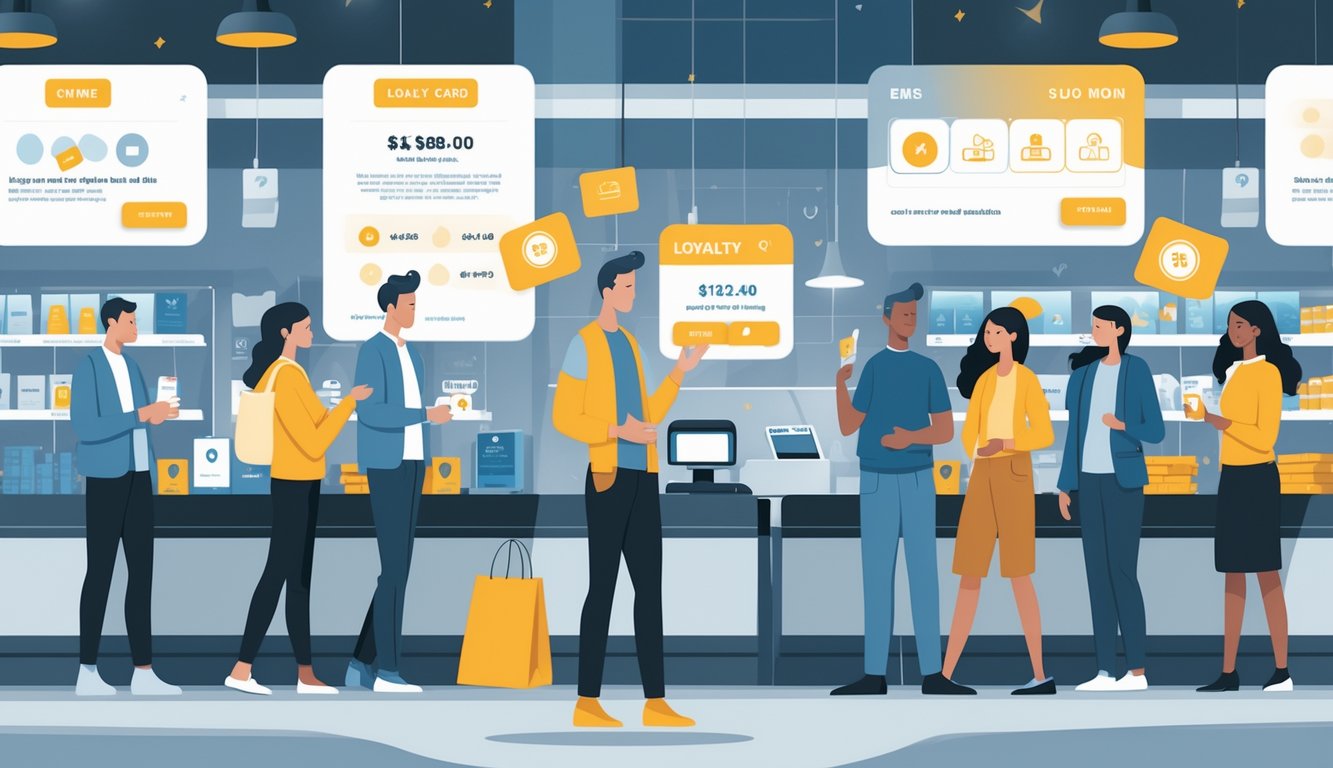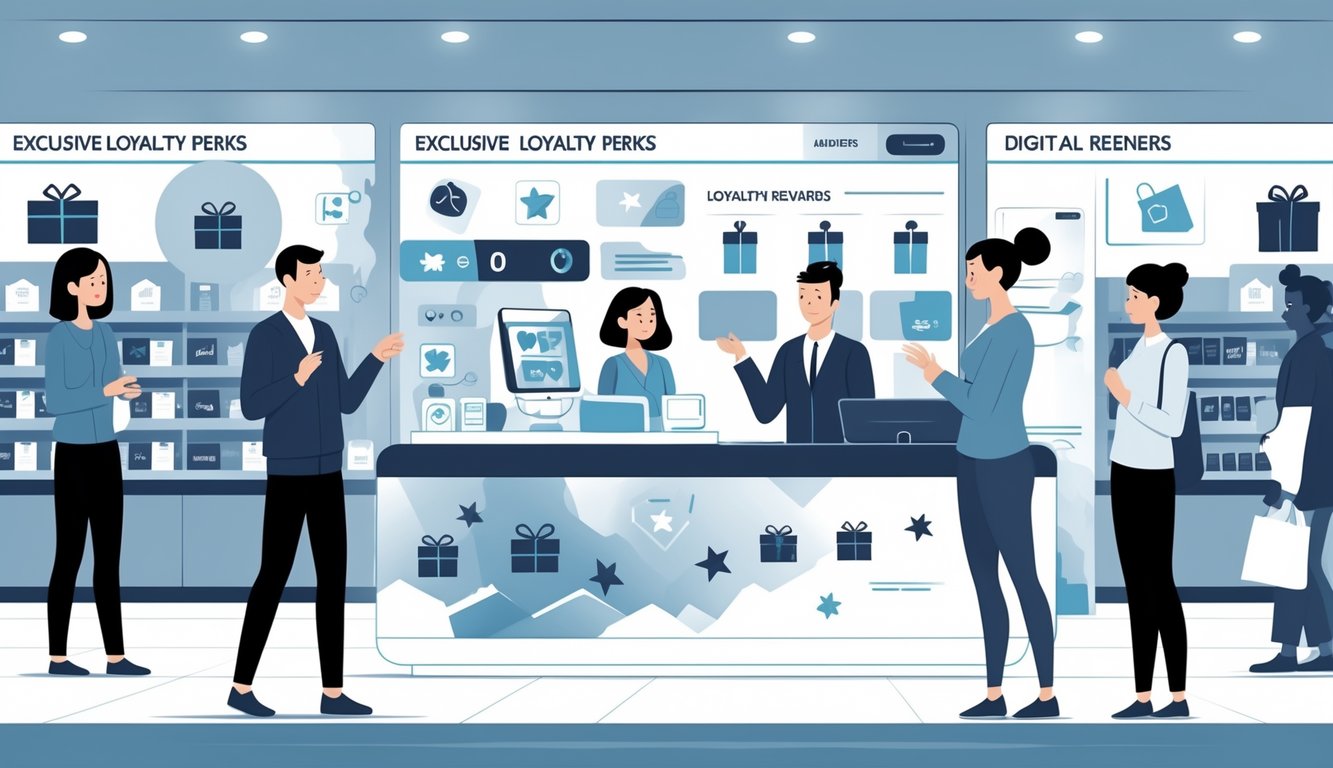
The Disappearance of Exclusive Loyalty Perks

No retailer can pretend customers don’t notice when “members-only” perks quietly disappear. Who honestly thought swapping an event invite for 10% off dry shampoo would fly under the radar? Special access is fading, rewards are shrinking, and basic shipping is now a luxury.
Loss of Exclusive Access and Private Events
Never thought I’d see the day Ulta would quietly kill early-access launches and “VIP” shopping nights. People actually skipped dinner for those, and yeah, 44.4 million members stuck around for a shot at rare palettes (see: exclusive and early event access). Now? Maybe you get a promo code or an early email, but it’s nothing special.
Why did the best perks just vanish? My wild guess: profit margins finally snapped. Surveys back it up—Snappy’s June numbers say customers want unique perks, not stale points. Yet brands keep retreating to generic, basic offers. Candle-lit in-store events? Gone. Surprise packages? Gone. I joined a “private” webinar once and half the chat was just randoms. “Exclusive” means nothing when everyone’s invited.
Reductions in Free Shipping and Priority Services
I keep waiting for my “expedited” shipping like old sneakerheads waited for SNKRS drops—but now it’s paid, slow, or tied to insane spend minimums. Try buying just socks without a shipping fee. Declining loyalty perks for 2025 puts shipping on the chopping block.
Priority support? It’s a joke. I tried a “VIP hotline” last week and just ended up reading FAQs to myself. Who decided shipping isn’t part of the experience? The analytics must’ve missed the fact that my dog’s toy box gets here faster than my “Platinum” order. Maybe I should just sign up for his rewards program.
Shifting Focus: From Perks to Personalization
Forget about those points collecting dust—now it’s all, “Hey, here’s a coffee that matches last Wednesday’s order,” but none of those sneaky double discounts in my inbox anymore. Was I the only one stacking those? Brands aren’t even subtle about the switch. Hyper-personalization is everywhere. Every tap, swipe, add-to-cart gets tracked. It’s not creepy, exactly, but it’s… weirdly specific.
Rise of Hyper-Personalization in Loyalty Programs
Ignore the “thank you for being loyal” emails. Now, loyalty perks show up mid-shop—like my app knowing I run out of oat milk every month and dropping a voucher right when I need it. Nobody admits it, but generic perks are toast. People want that dopamine hit from something that feels personal.
Here’s a number I can’t forget: 73% of shoppers told Deloitte they want personalized rewards, but only 45% of brands even try. That’s just funny. Instead of scattershot perks, you get custom Starbucks deals based on your order history, or Nordstrom offers for brands you doomscrolled last night. Sure, there are fewer “hidden” rewards, but the stuff I get now feels like they actually noticed I exist. A little unsettling, but hey, it works. More on that at Deloitte’s research on loyalty personalization.
Using Data Analytics for Personalized Experiences
Ever get the feeling your loyalty app knows you better than your roommate? I do. Sometimes I picture some mysterious figure on the other end, but nope, it’s just a bunch of algorithms clocking every time I scroll past gluten-free cookies or binge on shampoo sales. It’s unsettling, honestly. They track everything—what I click, what I ignore, how long I gawk at a product review. It’s like my mom’s deal-hunting skills, but way creepier.
Supposedly, these retail “experts”—Forbes types, mostly—go on about how it’s not just about rewards anymore. Now it’s “total experience,” whatever that means, with data engines spitting out offers based on my weird shopping habits. I’m not sure how personal it feels when I get reminded I’ve bought three rain jackets in two years. (Is that too many? I don’t even like rain.) Target, Nordstrom, all the big players—they’re obsessed with this data-driven thing, hoping I’ll engage more. BCG did a whole personalization spotlight on it. But then I get cereal coupons. I don’t even eat cereal. Algorithms: not as smart as everyone says.



